How campaigning mum won six-year battle to get Martyn's Law introduced
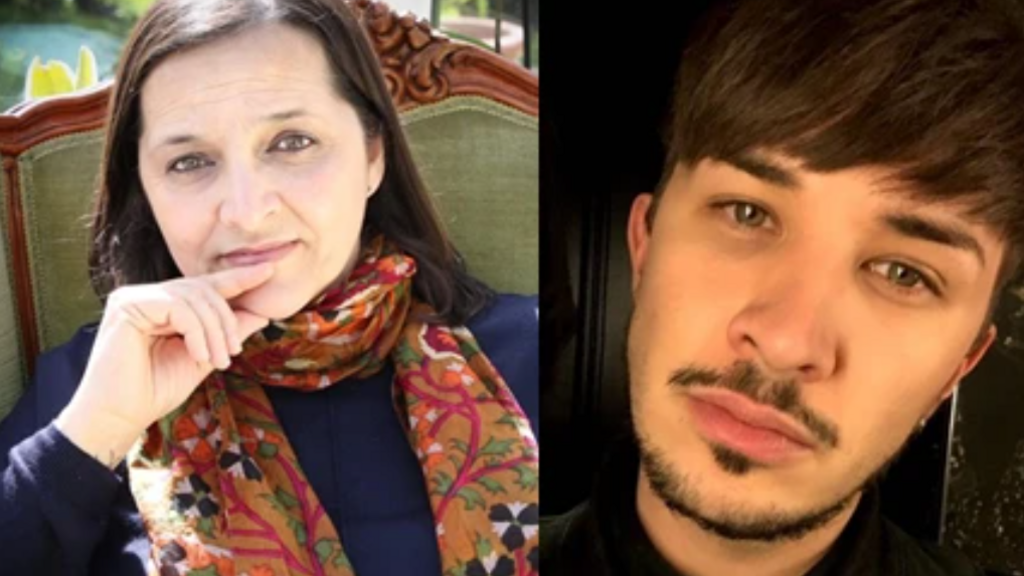
Figen Murray's son Martyn Hett was among those killed in the 2017 Manchester bombing
- Published
The last time Figen Murray came to Downing Street, the famous black door to Number 10 stayed firmly shut. Today they threw it wide open and welcomed her with open arms.
It will be eight years ago next month since Figen's son was murdered. Martyn Hett was one of the 22 people killed in the 2017 Manchester Arena bombing.
After six years of campaigning, Figen has finally seen the Terrorism (Protection of Premises) Bill, also known as Martyn's Law, be granted Royal Assent by King Charles. It means that now it will officially become law.
I first interviewed Figen a month after the Manchester bombing when, remarkably, she spoke of forgiveness.
But in later conversations, it became clear that what she could not forgive were the shortcomings which allowed the devastating suicide attack to happen.
Why were some venues subject to such strict legal requirements about the likes of health and safety, food standards and other things, but not the fundamentals of protecting large gathering of people against terrorism?
She vowed to change it - not only for Martyn, although the legislation introduced today informally carries his name - but so other families may avoid having to suffer the same heartbreak in future.
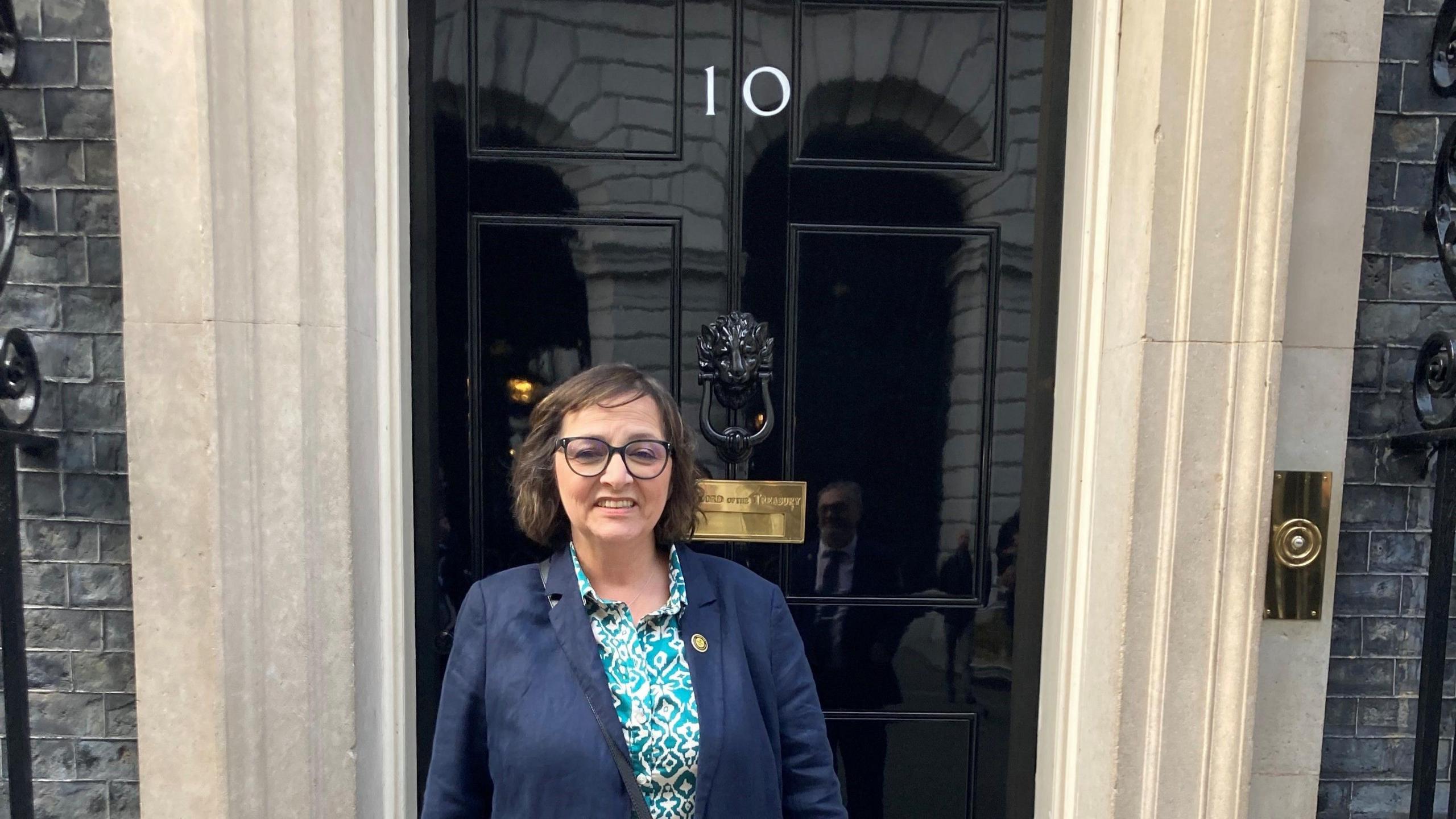
Figen Murray at 10 Downing Street after the anti-terror legislation she had been campaigning for became law
The past six years have seen many setbacks and disappointments.
When Figen stood at Number 10 last year, it was after a 200-mile walk from Manchester in protest at parliament's slow progress in debating the proposals.
Later that same day, a general election was called, and it seemed like back to square one.
Figen has always been at pains to remind people she has not done this alone. Nick Aldworth, a former counter terrorism officer, has supported her. So too Brendan Cox, husband to the murdered MP Jo Cox.
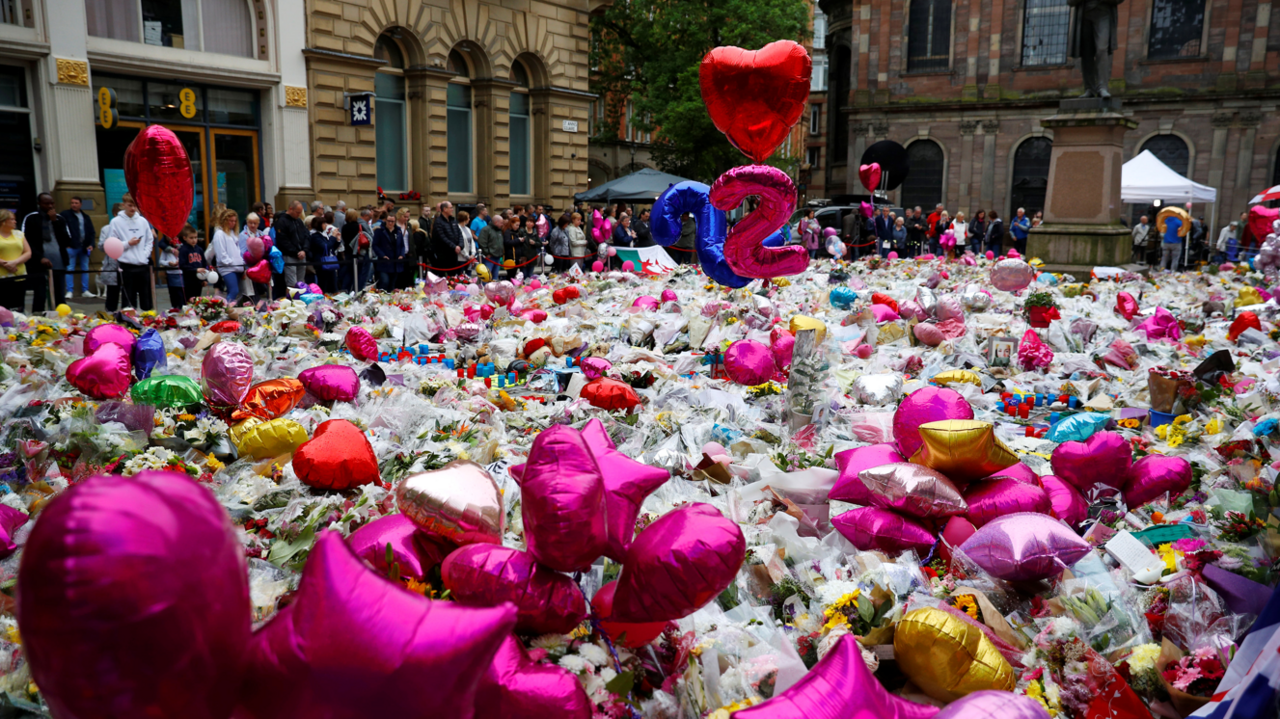
Twenty-two people were killed and hundreds of others injured in the 2017 Manchester attack
There have been numerous others. None more so than Figen's husband Stuart Murray, always half a step behind, but always there.
But they will all say it would not have happened without Figen Murray.
Sir John Saunders, who chaired the lengthy public inquiry into what happened at Manchester Arena, told me the 22 lives could have been saved if Martyn's Law had been in place before that night.
And Nick Aldworth says the UK is now a safer place because of Martyn's Law.
We all have Figen to thank for that. Now, she says, she is tired and wants to start to grieve for her son.
Martyn Hett used to tell friends he expected to die young and spectacularly. "He certainly did that," Figen said in that first interview.
But his name will never be forgotten.
Get in touch
Tell us which stories we should cover in Greater Manchester
Listen to the best of BBC Radio Manchester on Sounds and follow BBC Manchester on Facebook, external, X, external, and Instagram, external. You can also send story ideas via Whatsapp to 0808 100 2230.
Related topics
- Published3 April
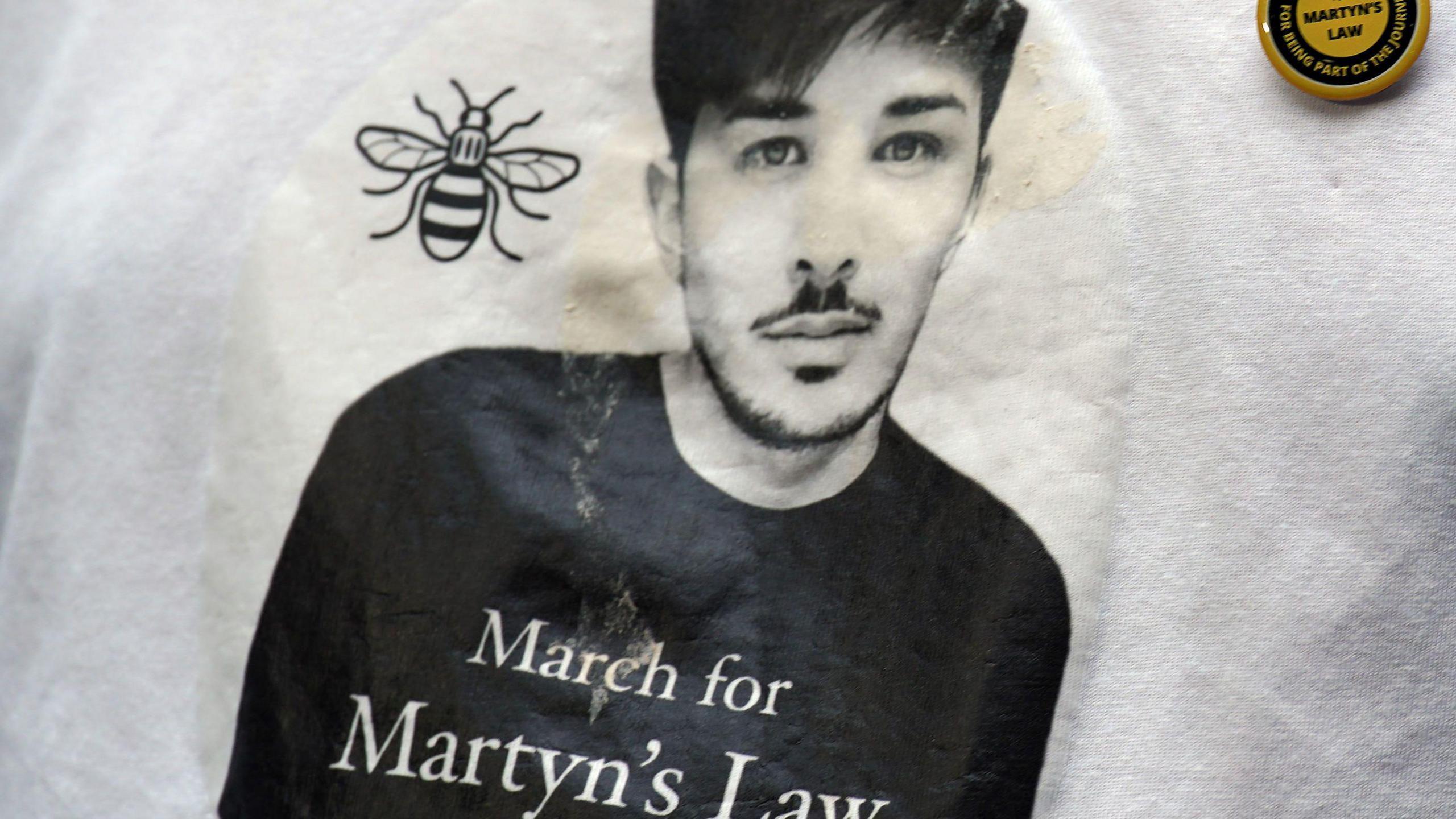
- Published14 October 2024
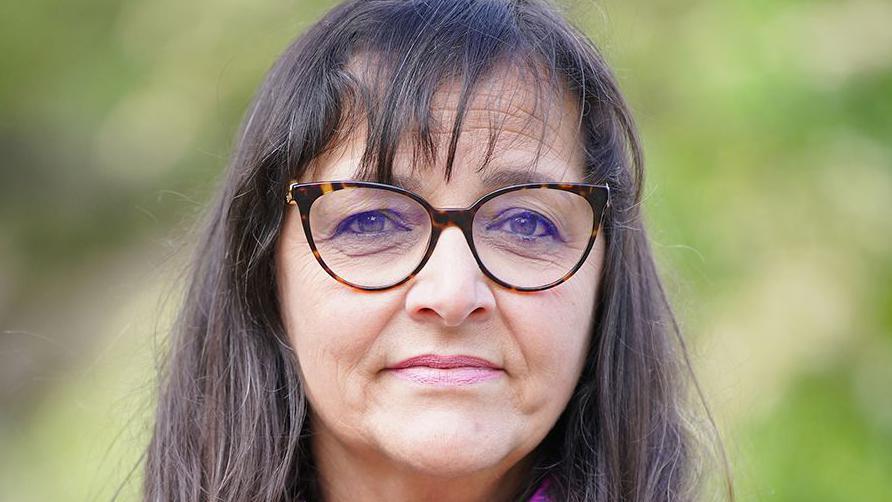
- Published22 May 2024
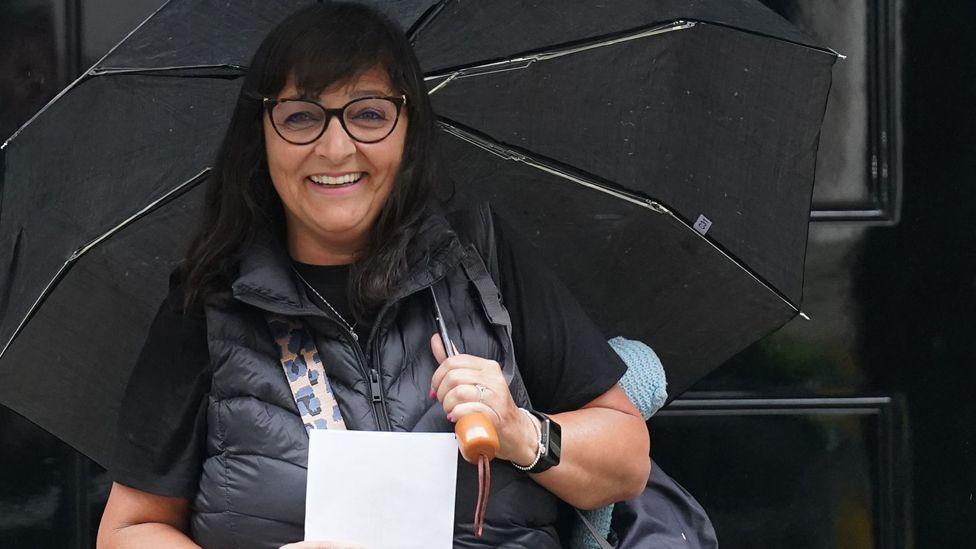
- Published3 November 2022
